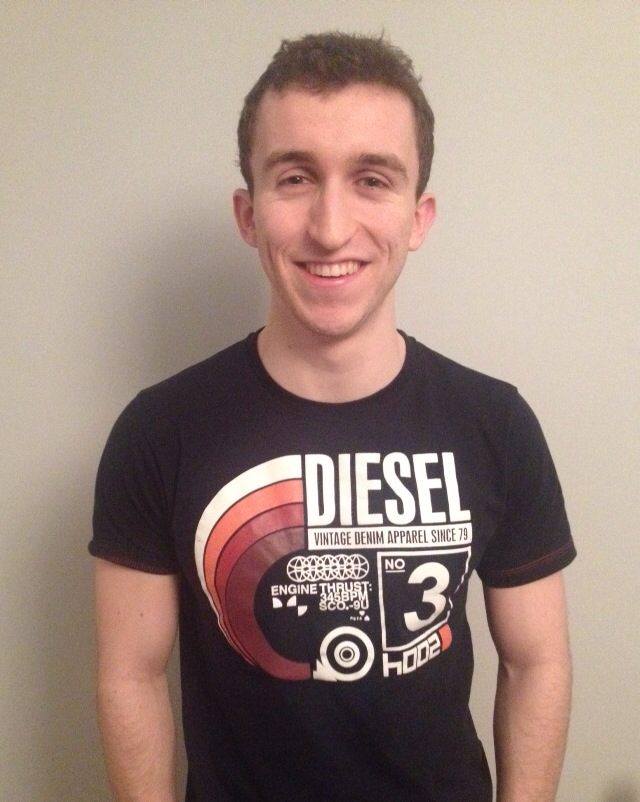Course Information
BSc (Hons) (NFQ Level 8)
Full Time – Undergraduate Studies
CAO Code: DN200
CAO Points Range 2019: 521
Length of Course: 4 Years
Average Intake: 400
- O2/H6 in Mathematics
- O2/H6 in a laboratory science (Applied Mathematics, Computer Science or Geography may be used instead of a laboratory science subject) and
- O6/H7 in English, Irish and two other recognised subjects
Special Entry Recommendations: We recommend that all students in Statistics should have a minimum Grade H3 in Leaving Certificate Higher Level Mathematics or equivalent.
- A-Level/GCSE
- Other EU Applicants
- Non-EU Applicants
- QQI FET Entry Routes
- Level 6/7 Progression Routes
Why is this course for me?
According to The New York Times, statistics is the number one career for the 21st century. In Ireland, employers can’t find enough qualified graduates and now is the time to choose to study for a degree with a great future. Wherever data is collected, statistics and data analytics skills are required. Statisticians develop mathematical models for uncertainty and investigate their properties and applicability. The power of modern computing continues to have a major impact on both the development and applicability of statistical methods in almost every area of science, business and industry.
All of the sciences, especially the biological sciences, have in recent years become more quantitative and the skills gained from studying Statistics in UCD Science complement all of the university’s Science degrees. Combining Statistics with a degree in any of the sciences will increase your employability.
Career & Graduate Study Opportunities
Statisticians play a key role in virtually all areas of science and society:
- In the pharmaceutical industry, statistical modelling is vital in developing new drugs
- Statisticians help businesses investigate their customer behaviour to enhance their profitability
- Statistical skills are key in the new emerging areas of bioscience, such as genetics and bio-informatics
- Training in statistical science is valued in many industries such as finance, environmental science, economic analysis, medicine, education, health and social services, and many areas of government.
With a Statistics degree, you’ll be in demand, as more and more employers are seeking to hire statisticians. There has never been a better time to take this degree. There are various opportunities for graduate study in statistics in both taught and research programmes, and a number of our graduates complete further studies.
What Will I Study
This is a sample pathway for a degree in Statistics. Topics may include statistical modelling, probability theory, biostatistics, survey sampling, predictive models, Bayesian statistics, Monte Carlo inference and actuarial statistics.
First Year
- Statistics
- Mathematics
- Optional Science modules
- Elective module
Second Year
- Statistics
- 1 Other Science Subject
- Elective modules
Third Year
- Statistics
- Mathematics
- Financial Mathematics
- Elective Modules
Fourth Year
- Statistics
- Applied & Computational Mathematics
- Financial Mathematics
All Science courses are full time, with many student timetables running from 9.00am to 5.00pm or later. Depending on the subject choices, a weekly timetable can include lectures, practicals and tutorials.
Assessment varies with each module but may comprise continuous assessment of practicals, written exams and online learning activities.
International Study Opportunities
Students may apply to study abroad for a semester in third year in partner institutions internationally.
Testimonial
“In 6th Year, I didn’t really know which course to choose. By picking UCD Science, I got to try out subjects I was curious about, such as Biology and Chemistry, before choosing Statistics. The mix of problem solving, Mathematics and real-world applications in Statistics is ideal for someone with an aptitude for numbers. The data analysis skills I have learned in class are applied to real-world data and are incredibly valuable skills, sought after by employers. It can be fascinating to use modern computer software to extract useful information from what looks like a jumble of data! I’ve also had great fun taking part in the Science Society’s events like charity cycles, mystery tours and the Science ball, as well as becoming a Peer Mentor and going on class trips abroad.”
Eoin Whelan Student

